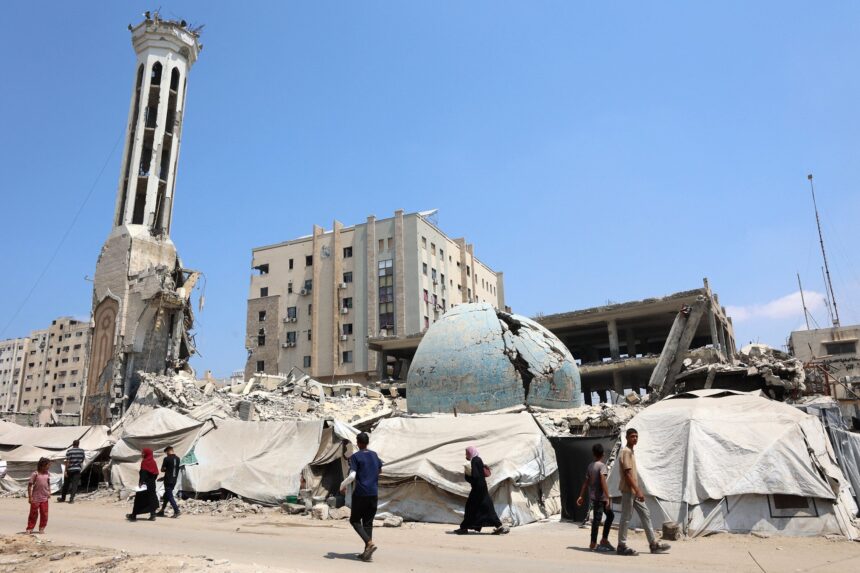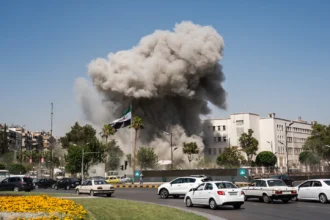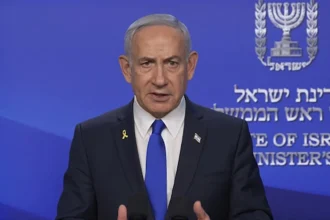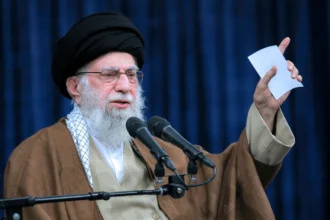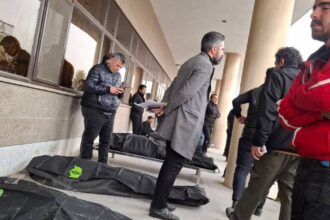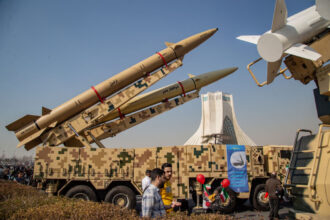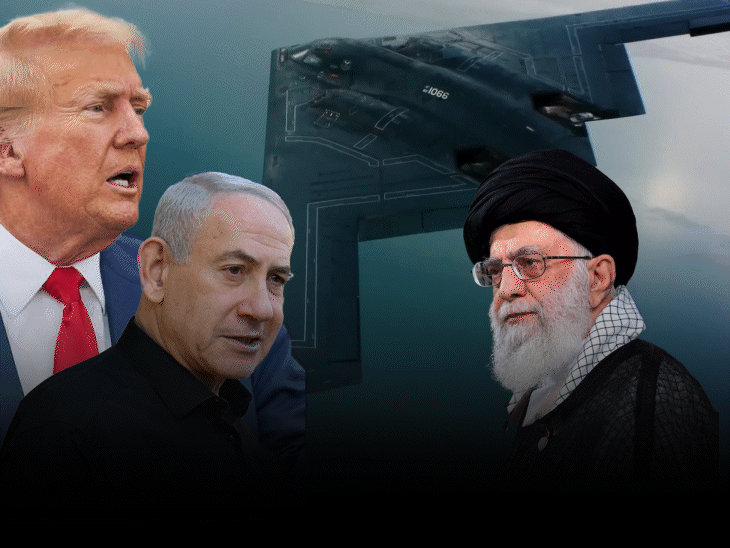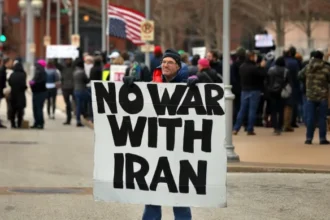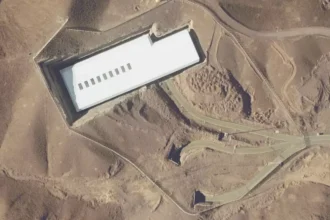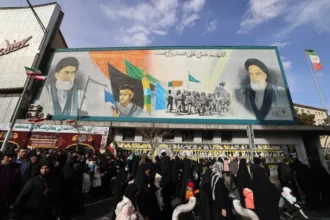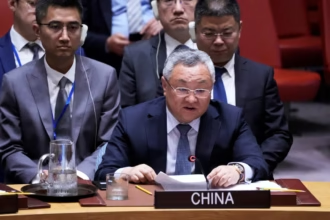Israel has issued a stark warning that Gaza City could face widespread destruction if Hamas refuses to accept a proposed ceasefire, intensifying fears of further civilian suffering and regional instability. The announcement comes as the humanitarian situation in Gaza deteriorates, with millions of residents already facing shortages of food, water, medical supplies, and safe shelter amid relentless airstrikes and military operations.
The Escalating Conflict
The Israeli government has been engaged in a sustained military campaign against Hamas, the Islamist militant group that controls Gaza. Israeli authorities assert that their operations target Hamas infrastructure, weapons stockpiles, and militant operatives. However, urban warfare in densely populated areas has placed civilians in extreme danger, with hospitals, schools, and residential neighborhoods affected by the ongoing bombardment.
Israel’s latest warning emphasizes the potential consequences if Hamas rejects a ceasefire. Government officials stated that unless the militant group halts attacks, Israel may take more aggressive measures, potentially including extensive bombardment and destruction of Gaza City’s infrastructure.
Humanitarian Consequences
Humanitarian agencies have repeatedly highlighted the growing crisis in Gaza. According to the United Nations, millions of civilians are trapped in conflict zones, with limited access to basic necessities. The threat of large-scale destruction of Gaza City could exacerbate the situation, displacing tens or hundreds of thousands more people and overwhelming already strained relief operations.
Aid organizations warn that prolonged military action in urban centers could lead to mass casualties, further exacerbate malnutrition and disease, and destroy critical infrastructure such as hospitals, water systems, and electricity networks. International humanitarian law requires that all parties in a conflict take precautions to minimize civilian harm, but the warning raises concerns about the proportionality and legality of potential actions.
Diplomatic Efforts and Ceasefire Negotiations
International actors, including the United Nations, the United States, and European powers, are actively urging both sides to accept a ceasefire. Diplomatic efforts have focused on halting hostilities to allow humanitarian aid to reach those in need and to create space for negotiations that could lead to longer-term stability.
Hamas has reportedly indicated skepticism about ceasefire proposals, citing Israel’s previous military actions and ongoing blockades as barriers to trust. The standoff underscores the difficulty of negotiating in a context of deep-seated mistrust, ongoing violence, and political complexities on both sides.
Regional and Global Implications
The conflict in Gaza has far-reaching implications. Escalating violence threatens to destabilize the broader Middle East region, exacerbate refugee flows, and provoke international condemnation. Markets and energy supplies may also be affected if the conflict disrupts regional trade or prompts retaliatory actions beyond Gaza.
The humanitarian consequences, particularly in Gaza City, could intensify global calls for intervention, increased aid, and diplomatic pressure. Observers note that civilian suffering often drives international engagement, with governments and NGOs mobilizing resources to respond to the most urgent needs.
Balancing Security and Humanitarian Concerns
Israel maintains that its military actions are aimed at neutralizing threats and ensuring national security. However, the potential destruction of Gaza City raises pressing ethical and legal questions about the protection of civilians and proportionality in armed conflict.
Experts emphasize the importance of continued international monitoring, humanitarian access, and pressure on all parties to uphold obligations under international law. Minimizing civilian casualties, protecting infrastructure, and facilitating the delivery of aid remain critical priorities amid the escalation.
Conclusion
Israel’s warning about the potential destruction of Gaza City if Hamas rejects a ceasefire highlights the acute dangers facing civilians in the region. The stakes are high: failure to achieve a ceasefire could result in catastrophic humanitarian consequences, further displacement, and a deepening of the ongoing conflict.
As diplomatic efforts continue, the international community faces urgent pressure to prevent widespread destruction, protect civilian lives, and work toward a sustainable resolution to one of the world’s most entrenched and volatile conflicts.

